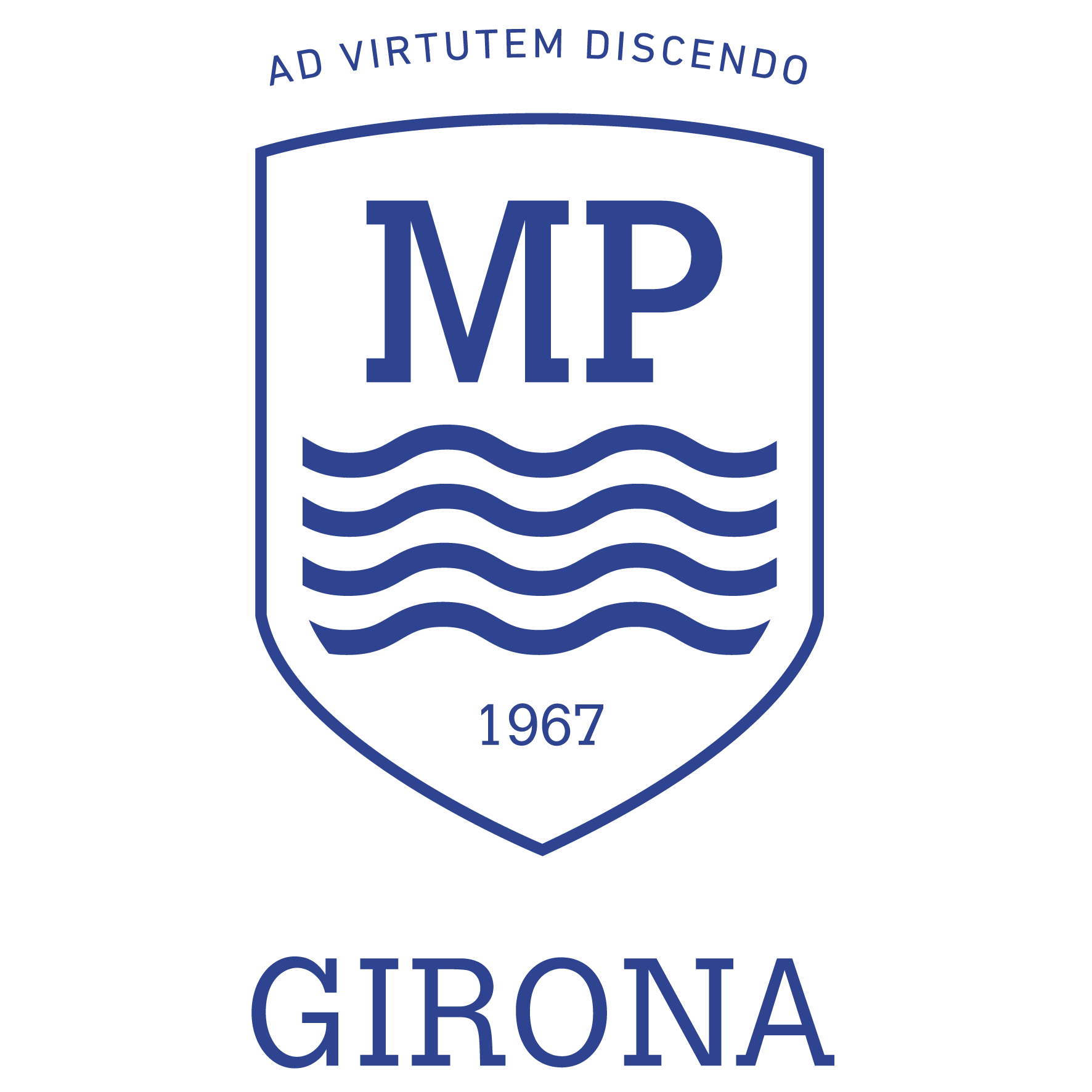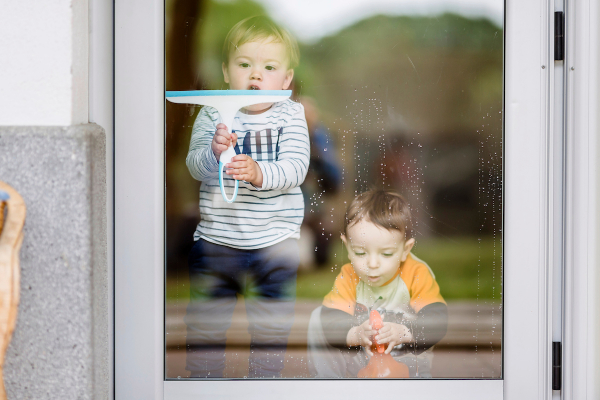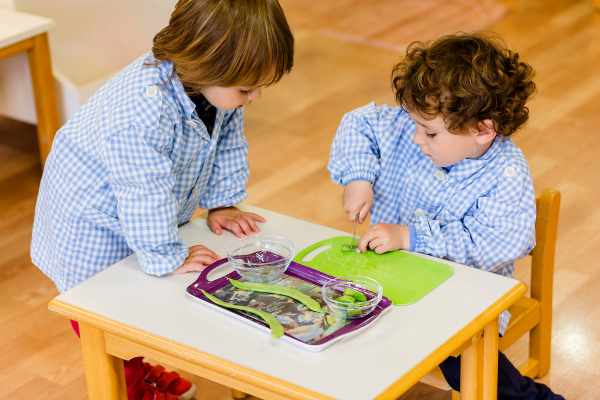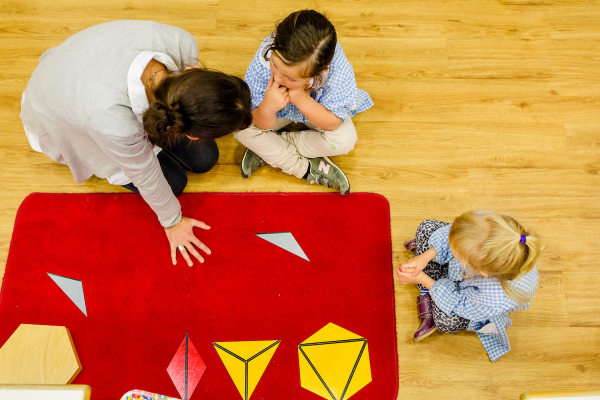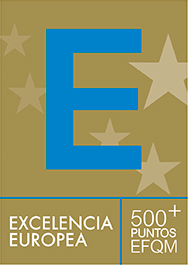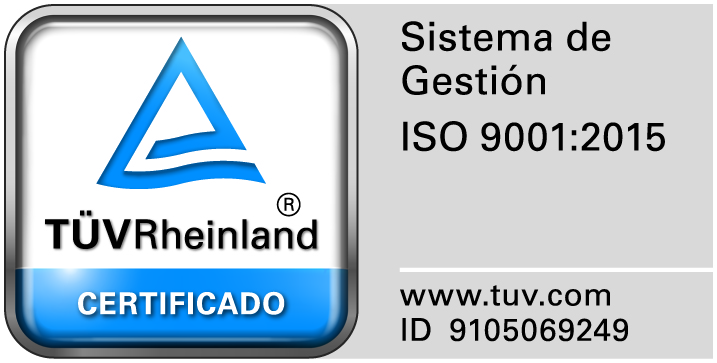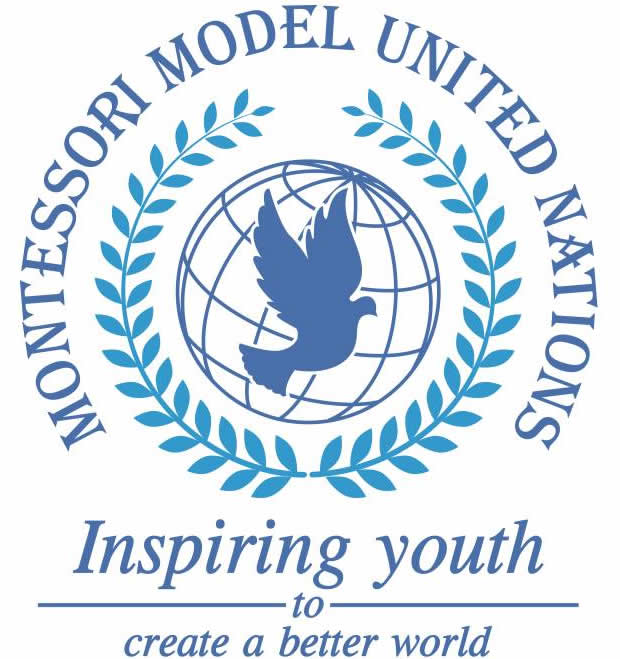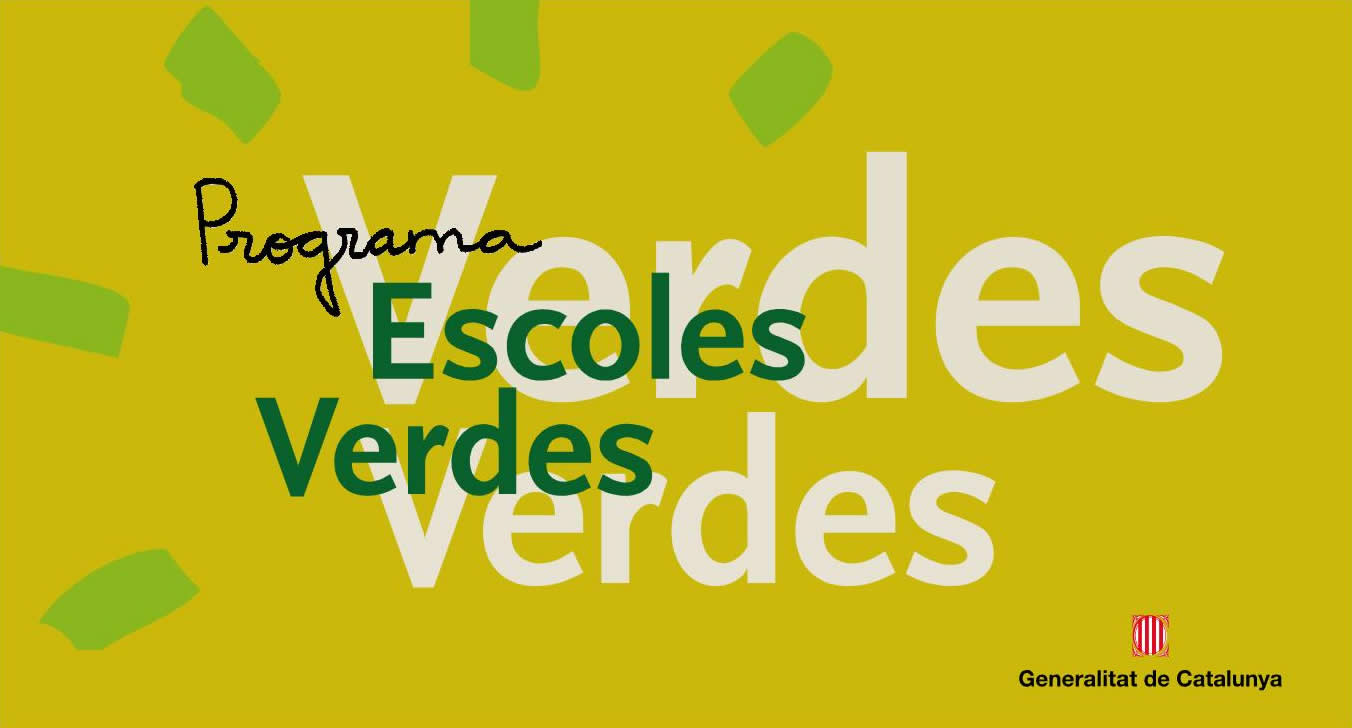Montessori today
The Montessori educational method is based on creating a framework of freedom that provides each child with the experiences appropriate for their stage of development, so that, in addition to understanding the world in order to adjust themselves to it and to take on the responsibility for its improvement, they can fully develop as human beings. The name comes from Dr Maria Montessori, who developed this methodology in Italy in the early 20th century. Dr Montessori was the first woman doctor in the country and when she finished her studies, she began working with children with special educational needs. Through scientific study, she was able to investigate and understand how children develop and learn and, based on these studies, she designed a curriculum for children from two and a half years to twelve years old.
Later on, other collaborators such as Dr Silvana Montanaro followed the work of Dr Montessori and her ideas were developed for the 0 to 2 ½ years stage. The Association Montessori Internationale (AMI), which she founded, has continued her work. Among other lines of research, the AMI studies how to specify the main pedagogical approaches for the adolescent and university stages, which is currently being studied in a few pilot schools around the world, and also how neuroscience is proving the pedagogic principles. In addition, the AMI is responsible for accrediting teaching courses that can only be taught by teachers who have received specific training.
There are also many organisations, in addition to the AMI, that expound the principles of this educational method and admire the work of Dr Montessori. Some of them may have developed different interpretations to the original. Thus it is necessary to analyse closely what the various organisations have to offer before deciding on which to choose.
Today, the work of Dr Montessori extends throughout the world and there are many countries which have taken it upon themselves to spread her ideas. The Montessori educational method, in just over 100 years, has managed to encompass 130,000 Montessori schools around the world, educating 3 million children, in countries such as Australia, Canada, China, Finland, France, Germany, India, Ireland, Italy, Japan, Mexico, the Netherlands, Pakistan, Romania, Russia, Spain, Sweden, Switzerland, the United Kingdom and the USA; countries which represent 80% of the world's population.
Currently, teams of researchers in the field of education and neuroscience continue working in order to understand and move forward in the improvement and application of this educational method that some of the most creative people in the world have experienced, such as Larry Page and Sergey Brin, founders of Google, Jeff Bezos From Amazon, Will Wright, creator of the famous video game "The Sims", Gabriel García Márquez, Peter Druker and the founder of Wikipedia, Jimmy Wales, among many others.
- Articles of Interest
The Montessori Mafia
http://blogs.wsj.com/ideas-market/2011/04/05/the-montessori-mafia/
The Future Of Education Was Invented In 1906
Is Montessori The Origin Of Google & Amazon?
http://www.forbes.com/sites/stevedenning/2011/08/02/is-montessori-the-origin-of-google-amazon/
- Biography of Maria Montessori
https://montessori-ami.org/resource-library/facts/biography-dr-maria-montessori
